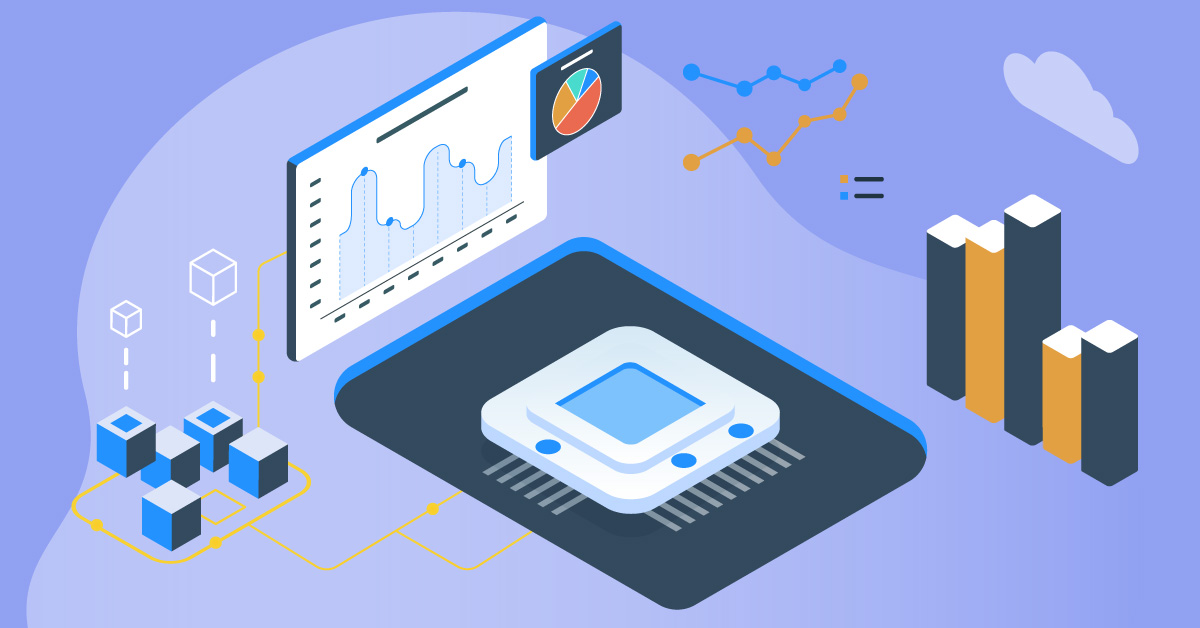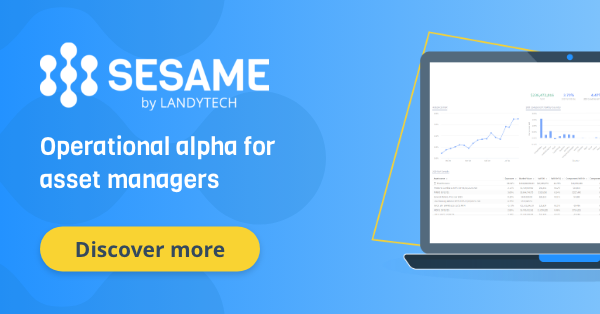Written by Landytech
15 Feb 2023Asset and wealth manager attitudes towards cloud-based investment management software systems have undergone a radical transformation in recent years.
A decade ago most investment managers still relied on internal servers for data storage and management. Strict fiduciary and client protection responsibilities drove concerns on governance, control, reliability and security. Employing cloud-based software seemed too risky.
Data security concerns were a particular barrier to cloud adoption. The perceived difficulty and danger of migrating from or integrating legacy risk and portfolio management systems with a cloud-based infrastructure were another major factor. As was uncertainty over regulators’ attitudes and fears of regulatory censure.
No longer. As cloud technology has evolved and become more secure, and the benefits of what it has to offer have become ever more apparent, any apprehensions among managers, investors and supervisors have largely disappeared.
In a highly competitive world of rising client, regulator and staff expectations, portfolio and risk management capabilities quickly become outdated and unfit for purpose. Firms that fail to upgrade their tech stack quickly enough will soon get left behind. Cloud-based platforms offer the solution.
Cloud-based investment management software is now table stakes
Overcoming the litany of common challenges that continue to affect the investment management community is a key priority.
Yet Excel spreadsheets, legacy software systems, workarounds and manual processes remain rife. A lack of comprehensive, real-time risk and performance analytics means managers often don’t fully understand the risk in their portfolios and struggle to make timely, informed decisions. Many lack robust solutions to support the burgeoning interest in private and other alternative asset classes. Reporting processes are highly manual, slow and error prone.
Investor due diligence examinations take an increasingly dim view of such IT and process shortcomings. Before allocating assets, investors want to see a resilient, scalable and flexible infrastructure that can deliver quality service with a minimum of operational risk.
But introducing new platforms and tools to overcome these data and IT challenges raises a host of migration and maintenance problems. Or always had done. Which is why the new breed of cloud-based investment management software, and the benefits it brings, are such a game-changer.
1) Reduced cost and shorter ROI
For many asset and wealth managers, the investment required to update their technology acts as a major deterrent. An on-premise implementation brings significant installation costs and multiple hardware and software license expenses. Then there are the maintenance charges – for both the technology and the IT specialists to run it – which make it hard for managers to achieve scalable growth.
Taking the cloud route transforms technology from capital expenditure to operating expenditure. It removes the initial IT overhead and ongoing investment needed to maintain and upgrade the infrastructure. With less upfront outlay, firms can better afford to make the technology changes they need. Since they only pay for what they use, there is no wastage from underemployed capabilities either.
Quicker implementations mean project resources are tied up for less time. It also allows firms to get up and running with the advanced investment management software capabilities they need faster, enabling them to take advantage of the efficiencies gained – and financial savings that result – much sooner.
2) Time savings
Speed of initial technology deployment offers clear benefits. System upgrades, because they are handled remotely by the software provider, can also be rolled out faster, more frequently and with minimum user disruption.
And by staying current on the latest software versions, user firms benefit from the functionality improvements included, bringing processing upgrades and faster delivery of more accurate data. That frees teams to devote more time and focus to complex calculations in areas such as risk analytics and attribution, amplified by the reporting capabilities cloud-based software enables.
3) Technology quality
Cloud-based investment management solutions benefit from a level of development and maintenance expertise that is hard to match with either an in-house system or on-premise third-party vendor deployment.
Commercial considerations drive software vendors to constantly innovate and improve their offerings. And the lessons learned and cross-fertilisation that come from working with numerous institutions in different markets feed into the provider’s R&D processes. The result is robust solutions with comprehensive capabilities built to support diverse use cases. The cloud model, by enabling more frequent updates, further encourages this innovation cycle.
Cloud delivery also ensures investment managers can take ready advantage of all the improvements incorporated into the latest software releases so they don’t get stuck on outmoded legacy versions. Plus users have expert on-hand support to keep the system running smoothly and guard against any outages (after all, no one knows and can maintain the software better than the developer).
4) Maximise scalability and flexibility
Business agility is vital in an era of fast-moving markets and intense competition. Cloud-based resources give users almost unlimited ability to scale up (or down) quickly and easily. Firms can innovate using automation solutions not available in their own data centre environments. They gain the operating flexibility to move into and out of markets, and target new client segments, supported by the technology capabilities they need and without having to make significant investment commitments.
Automation also frees employees from low value, laborious tasks such as manual data aggregation and reporting, allowing them to focus on higher value business development initiatives and deepening client relationships.
5) Enhanced security and operational resilience
Security concerns once stymied cloud take-up. Today, investment managers’ data is safer in the cloud than on an in-house server.
Cloud-based solution vendors employ security measures beyond the affordability of most businesses. Sophisticated detection systems, and strong authentication and encryption techniques to protect user data are standard. The level of investment and specialist expertise vendors can devote to monitoring the infrastructure and addressing new threats as they emerge ensure ongoing security, while fail-safe business continuity protocols maximise system uptime. And automating processes can reduce the number of users with access to data, limiting the potential for security breaches.
The anytime, anywhere accessibility of cloud-based software is also invaluable for firms shifting towards more remote and hybrid working patterns.
No time like the present
Shifting from antiquated, manual and Excel-based processes to automated efficiency has become an existential imperative for investment managers. So it makes sense to get there as fast and with as little disruption as possible. And there is no better way than today’s advanced cloud platforms.
To explore how cloud-based investment management software can help transform your processes, find out more in our latest data aggregation and risk management white papers.
Related Content
.png)
How Landytech is Revolutionising Client Reporting in the Investment Management Industry
Following Landytech's recent win in the Client Reporting category at the WealthBriefing Channel Island Awards, our COO, Gregory Chouette, had the pleasure of sitting down with Clear Path Media, the organisers of the awards, for an interview. In the...

The Future of Family Office Reporting
Once confined to a world of spreadsheets and static presentations, family office reporting is beginning to take on a radically different form as automated data consolidation and near-real-time portfolio monitoring become the norm.
In recent years,...

How Sesame Revolutionises Reporting for Family Offices
As family portfolios become more complex and the data burden increases, family office staff are increasingly bogged down in spreadsheets and legacy systems that struggle to keep up. And as families become exposed to more and more sophisticated...




